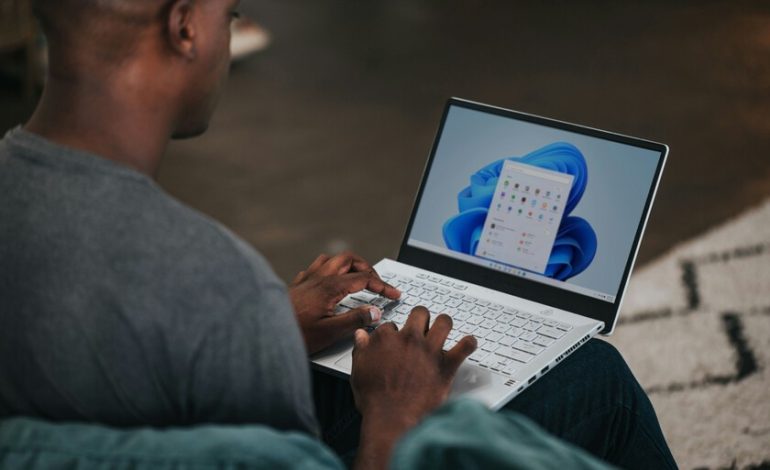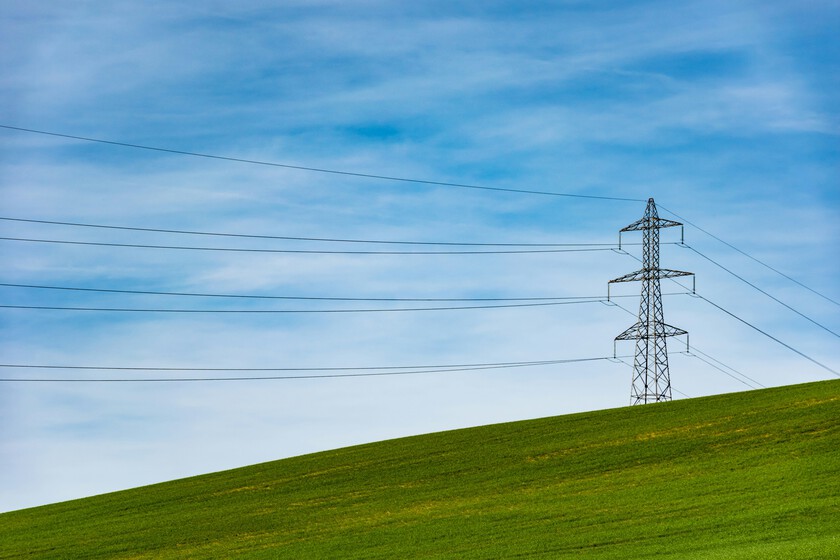What you will do is talk to him – El diario andino


Microsoft knows that the mouse and keyboard can be two news. The PCs and laptops still make sense, but they want to prepare them with a version of Windows that is adapted to what is coming. And what is coming is AI and voice. So they are starting and they already have their particular vision of what Windows will be like in 2030.
Of mouse and keyboard, (little o) nothing. «The world of mice and keyboards will be as strange then for people as it is now more for generation Z». This blunt was David Weston, director of Microsoft, In a video posted this week by the company with the title «2030 Vision» (something like «our vision of how 2030»). This executive explained that the Windows operating system will probably be very different from the one we have now. At least, in its use interface.
Multimodal Or what is the same: voice. Weston also highlighted how «the future version of Windows will interact in a multimodal way. The computer will be able to see what we see, hear what we hear and we can talk to him and ask for much more sophisticated things.» Voice interaction will undoubtedly be one of the keys, and although the mouse and the keyboard will continue to have relevance, the progression is likely to be clear: we will use them less because what we will do, simply, is to ask Windows things.
Machine, do this for me. Thus, on the one hand we can ask for simple things such as «Change the resolution to 1920×1080», «Open Slack», «Write an email with the following text», and for another more complex things such as «organizes a weekend in Salamanca and reserve the hotels and restorative after my confirmation» or «creates a presentation with Canva with the data of this document.» In these requests there will probably moments in which the user continues to intervene to correct or confirm tasks within the sequence that the system executes autonomously.
An agricultural Windows. And it is that the key component of that future Windows will be an agricultural AI capable of chaining tasks autonomously to complete processes that a user asks. The AI agents already begin to show their potential in this regard, and we have seen that both those present in the perplexity comet browser and in Chatgpt Agent are able to see what we see on screen and act accordingly by moving the mouse or typing when necessary. They even exceed some captchas if they need it!
A feasible, but uncertain vision. The advance of AI is frantic, but AI agents are not complying with expectations and according to some studies they fail in 70% of the tasks. In this type of automated processes, the danger is also that of the compound error: by chaining actions, if there is an error in one of them, that error is becoming greater in each next phase. The risks are huge in all types of scenarios, but they are even more if users begin to use that capacity for delicate tasks with sensitive data of the type «Make me the income statement».
Nadella already warned it. More than a year ago Satya Nadella, CEO of Microsoft, already pointed to that future. He did it when he intervened in the Snapdragon Summit 2023, where said that «it will radically change what an operating system is, the aspect of a user interface and how it interacts with applications.»
The browsers threaten. We are already beginning to see this agricultural interaction, which are often the center of our experience with PCs and laptops, and that little by little they are integrating those automation capabilities with AI agents. Both Chatgpt Agent and Perplexity Comet demonstrate it, and Google is also preparing to do something similar in Chrome. It is expected that in Microsoft They also apply The story with Edge, which has long integrated Copilot. However, Microsoft’s vision is broader and affects the entire operating system, not just the browser.
Image | Microsoft
In | The GPT-5 paradox: OpenAi needs the greatest jump in the history of AI just when it seems most impossible







